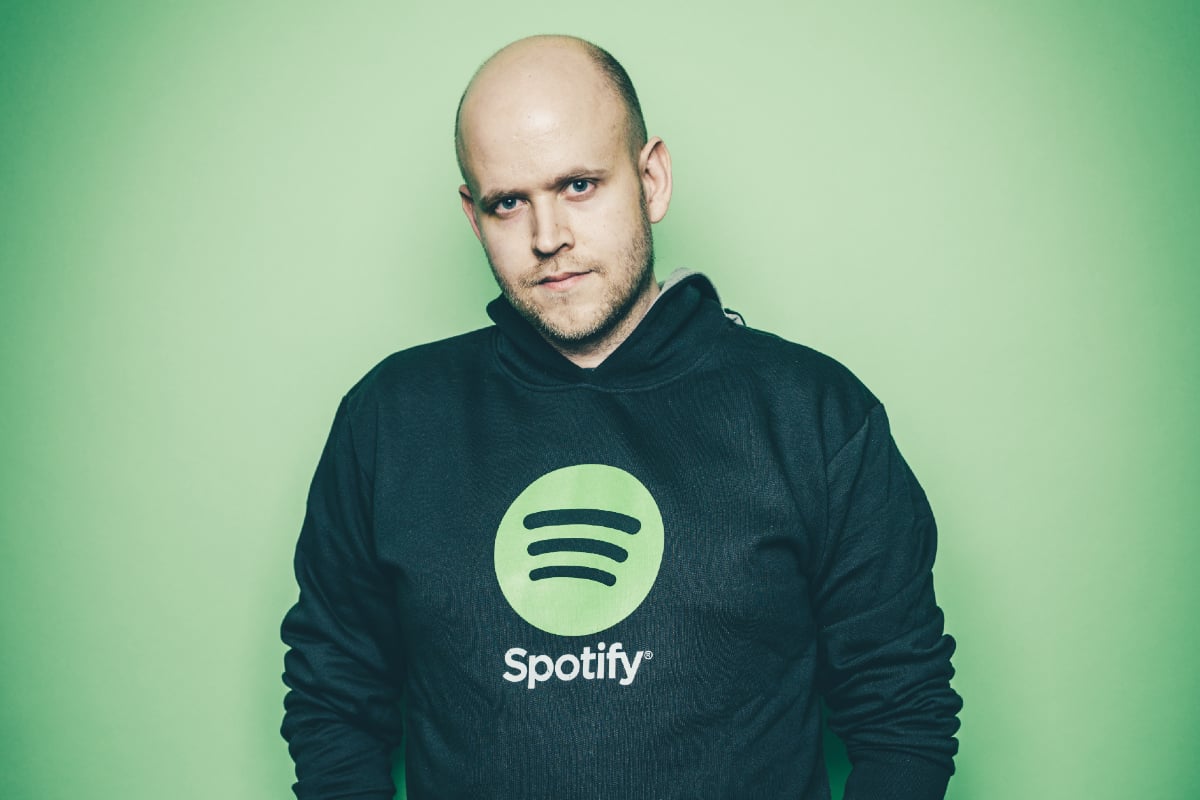

It’s there, sure just click on the song… then find the three dots on the far right and click on those… and then scroll down and click on “show credits.” Voila!Īnd while Ek spoke of his “own reflections” on the Rogan controversy and presumably heard the fervent objections from his own staff, ultimately he decided to put a few safeguards in place and stay his course.Īnd those are just two particularly sore points. “Look at our songwriters hub with pages and playlists we’ve made for them!” Swell - try finding a songwriting credit on Spotify. After some hemming and hawing, Ek backed off of that approach, admitted “ We rolled this out wrong” and (apparently) quietly kept the ban in place but just didn’t talk about it.īut the company’s assault on songwriters’ income - in concert with competing platforms YouTube, Amazon and Pandora - is mind-boggling hypocrisy: Not only is Spotify built on songs, it is fully aware that songwriters’ livelihoods have been decimated in the past two decades, and yet they’re undertaking a multimillion-dollar, years-long campaign to pay songwriters less. Kelly from its playlists - until they realized he actually hadn’t been convicted of any crimes yet and, oh, we have lots of music by convicted murderers like Phil Spector on our playlists. The company stumbled badly in 2018 by attempting to be on the right side of history and banning R. And it has been led by Ek every step of the way.īut too often, with success comes overconfidence that quickly turns into hubris. It is a creation on the level of the Walkman and iTunes - arguably bigger. nearly 11 years ago, and yes, I pay for it.) That money is a pittance compared to what CDs generated, but it’s turned 15 years of downturn into seven solid years of growth. (Disclosure: I have been a Spotify subscriber since it launched in the U.S.


And yes, it’s easy to take shots at a big target, but could he make it much easier? Spotify is a great product: It is the world’s largest paid subscription service by far and it is no understatement to say that it saved the music industry by achieving the near-miraculous feat of convincing - through ease of use, a nearly bottomless catalog and, not least, savvy marketing and industry politicking and business incentives - a generation to pay for music that had grown up thinking it should be free.


 0 kommentar(er)
0 kommentar(er)
